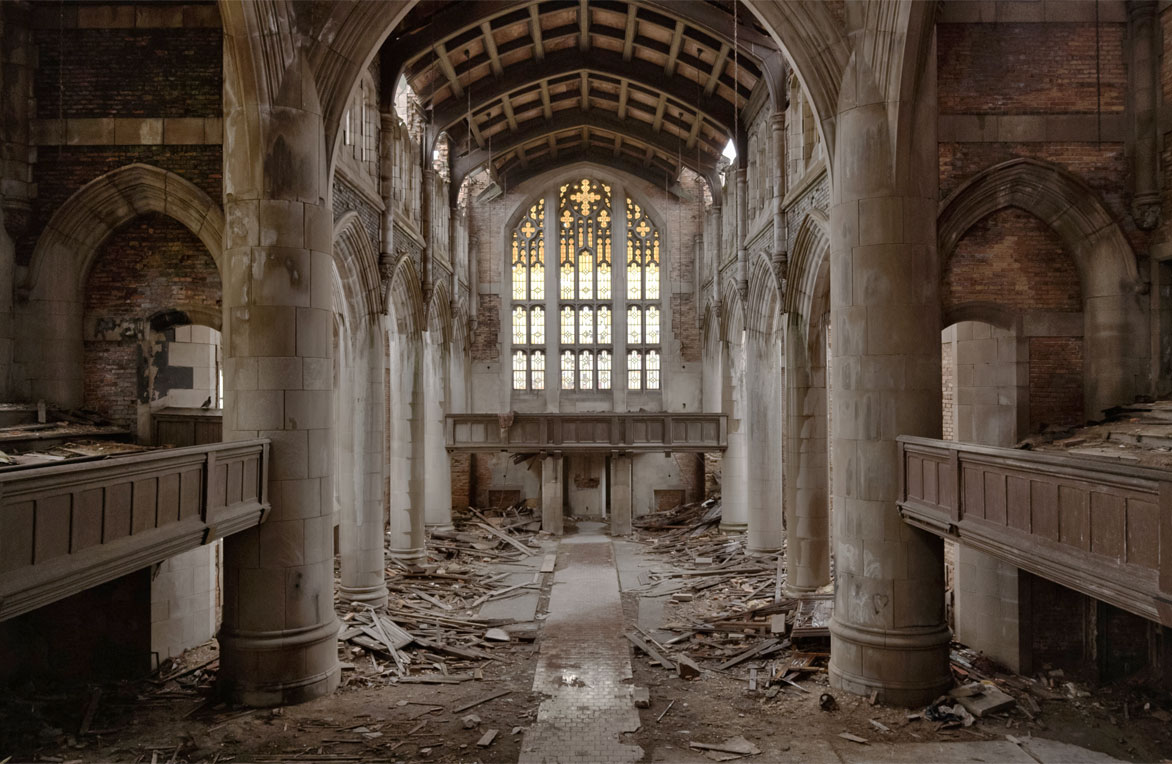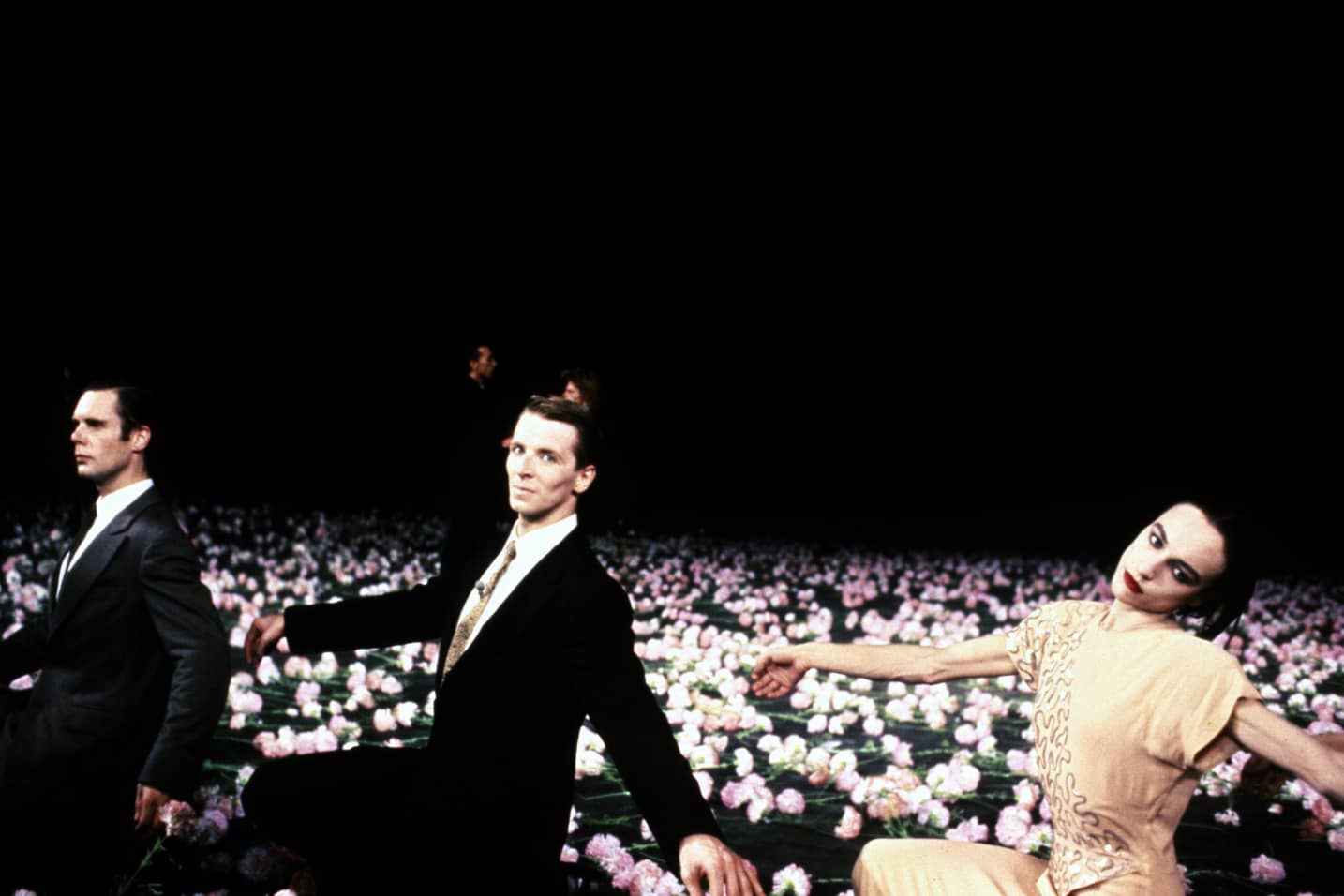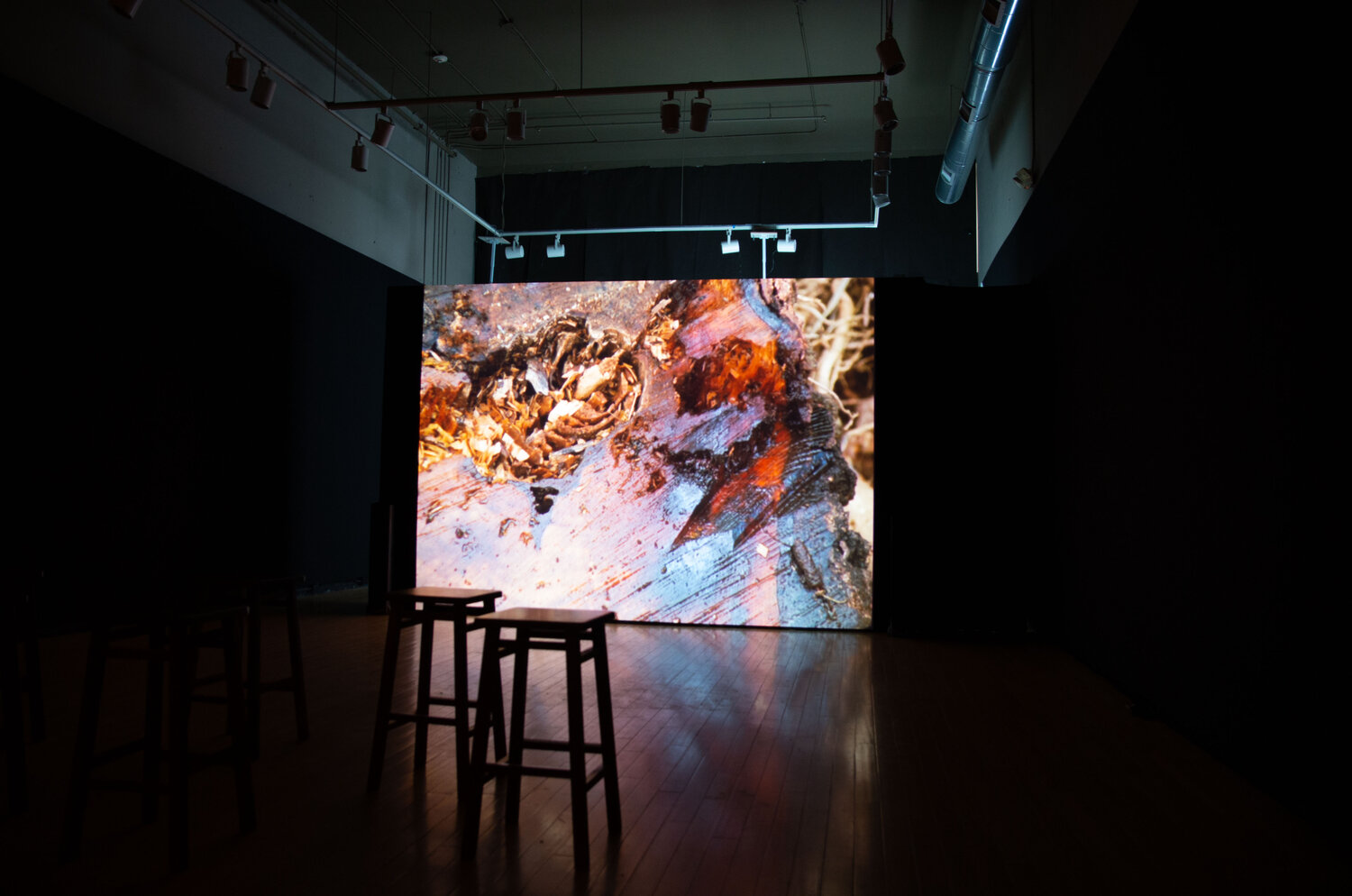
Homo Sapiens
October 23, 2016 · Knoxville Museum of Art · 2:00 p.m.
Homo Sapiens is a film about the finiteness and fragility of human existence and the end of the industrial age, and what it means to be a human being.
What will remain of our lives after we’re gone? Empty spaces, ruins, cities increasingly overgrown with vegetation, crumbling asphalt: the areas we currently inhabit, though humanity has disappeared. Now abandoned and decaying, gradually reclaimed by nature after being taken from it so long ago. Homo Sapiens is an ode to humanity as seen from a possible future scenario.
“The film’s ruin-littered landscapes… don’t offer the kind of certainties demanded by the chattering classes; besides, it’s too beautiful, disturbingly so. [Homo Sapiens] offers a sensation, a way of posing a question or idea those folks seem to abhor, and it conceives its audience as vast and united in common interests (such as global survival), and not just a bunch of people with problems to talk about.” — Film Comment
“Geyrhalter eschews any music or explanatory voiceover, building a dense soundscape out of blowing wind, leaky roofs and other reminders that the earth can never be turned off like all the powerless structures on display. If the imagery can be at once breathtaking and disconcerting–one devastated seaside city looks like the set of Inception, another wreck in the desert belongs in Planet of the Apes–there’s a sort of consolation in the fact that the natural world will continue to live on despite us. Ashes to ashes, dust to dust.” — The Hollywood Reporter
About the Filmmaker
Nikolaus Geyrhalter is a director, producer and cameraman, born in Vienna in 1972. In 1994, when he was 22 years old, he founded his own production company Nikolaus Geyrhalter Filmproduktion which focusses on documentaries and auteur fiction.




